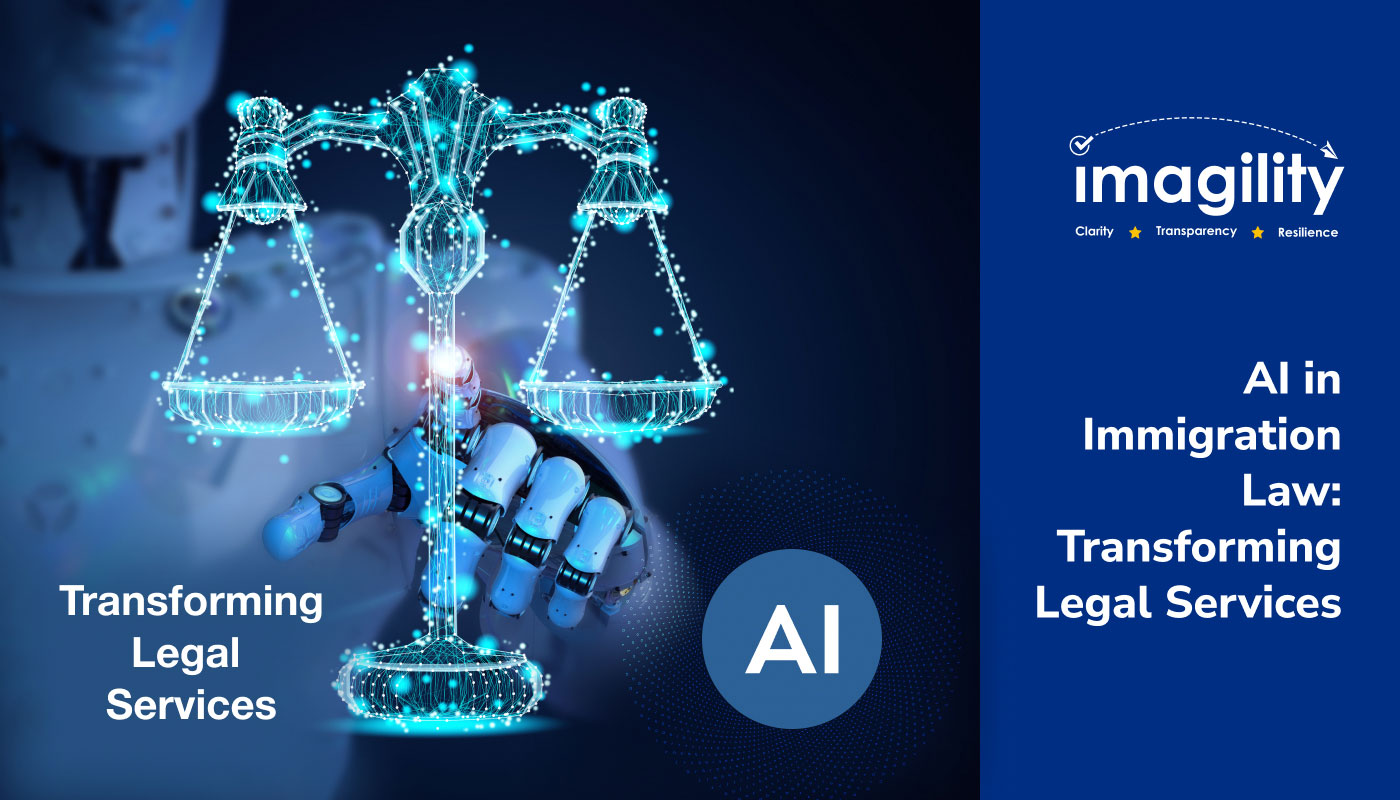
Artificial intelligence (AI) is rapidly transforming various sectors, and immigration law is no exception. A recent article in The Guardian discusses the UK Home Office's potential use of an AI tool to influence immigration decisions, raising concerns among critics.
AI's Potential in Immigration
The Double-Edged Sword
While AI offers numerous advantages, it also presents significant challenges:
The Road Ahead
To harness the potential of AI while mitigating its risks, it is crucial to:
The integration of AI in immigration law presents both exciting opportunities and significant challenges. By carefully considering the potential benefits and drawbacks, and by prioritizing fairness, transparency, and human oversight, we can harness the power of AI to create a more efficient, effective, and just immigration system.
Disclaimer: This blog post is for informational purposes only and does not constitute legal advice.
For further details, please visit the official government website: AI in Immigration Law
- Increased Efficiency: AI can automate routine tasks, such as initial application screening, leading to faster processing times for visa applications and other immigration requests. - Improved Accuracy: AI can help identify patterns and anomalies in large datasets, which can improve the accuracy of fraud detection and document verification. - Reduced Bias (Potentially): When properly developed and implemented, AI systems can potentially reduce human bias in decision-making processes.
- Bias and Discrimination: If the AI system is trained on biased data, it can perpetuate or even amplify existing discriminatory practices within the immigration system. - Lack of Transparency: Many AI algorithms are complex and difficult to understand, making it challenging to explain how decisions are made and to identify potential biases. - Dehumanization: Over-reliance on AI could lead to a dehumanization of the immigration process, as human judgment and empathy are crucial for assessing complex individual circumstances.
- Develop Robust Safeguards: Implement measures to prevent bias and ensure the fairness and transparency of AI-driven decisions. - Maintain Human Oversight: Ensure that human decision-makers remain involved in the immigration process to review AI-generated recommendations and make final decisions. - Promote Transparency and Explainability: Develop AI systems that are more transparent and explainable, allowing for better understanding of how decisions are made.
We are Regulated at the highest level (level-3) by the OISC and have over 10 years experience
We are clear, honest & professional and that is our transparent strategy for maintaining a very high visa success rate
Our lawyers offer Saturday/Late evening appointments to suit busy entrepreneurs & working professionals
We are one of the best immigration lawyers in London, success stories in our customer reviews speak for themselves
The UK Home Office has reported significant progress in immigration enforcement activities between 5 July and 7 December 2024
Read MoreHome Office extends bereavement scheme to NHS support staff and social care workers
Read MoreThe UK Home Office has reported significant progress in immigration enforcement activities between 5 July and 7 December 2024
Read MoreHome Office extends bereavement scheme to NHS support staff and social care workers
Read More